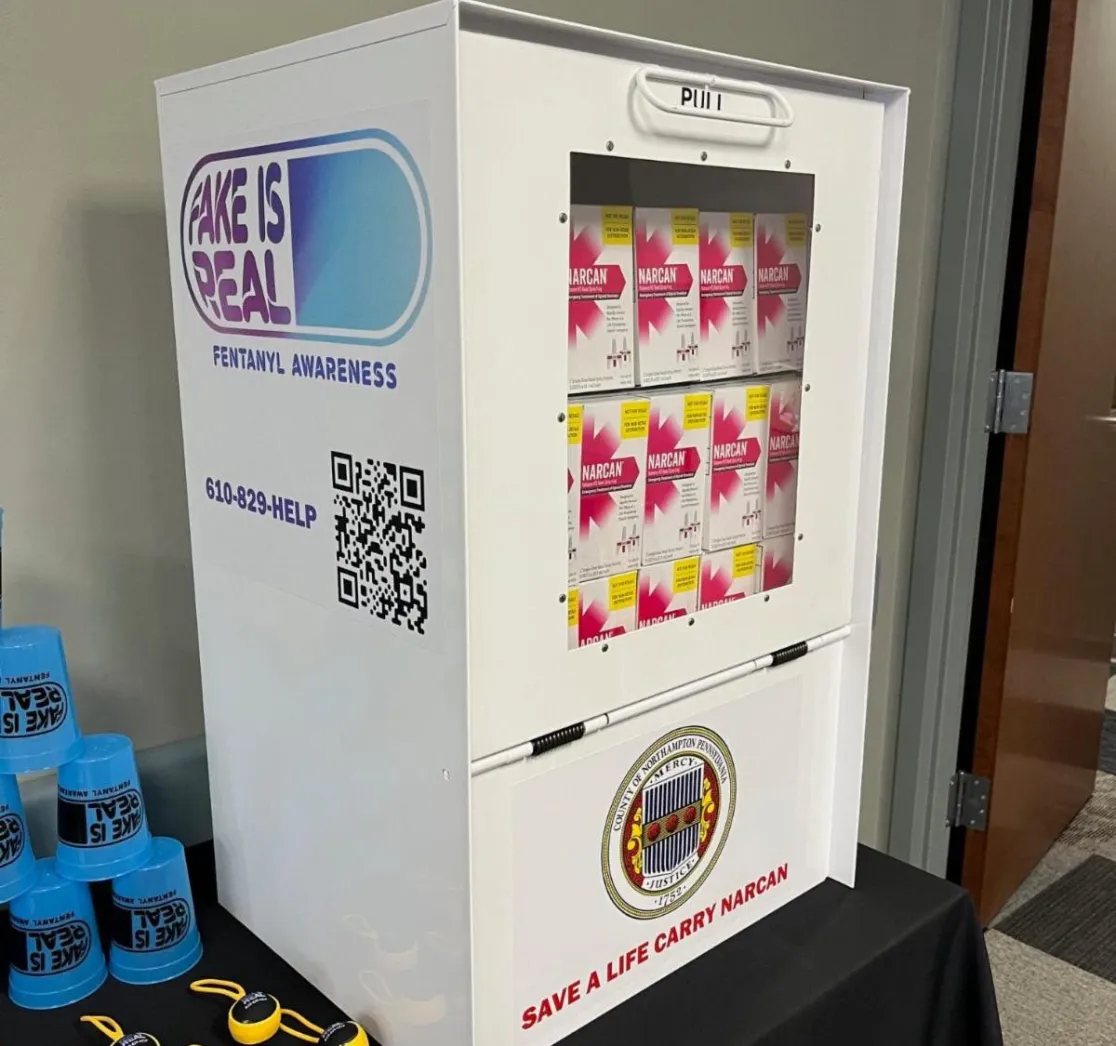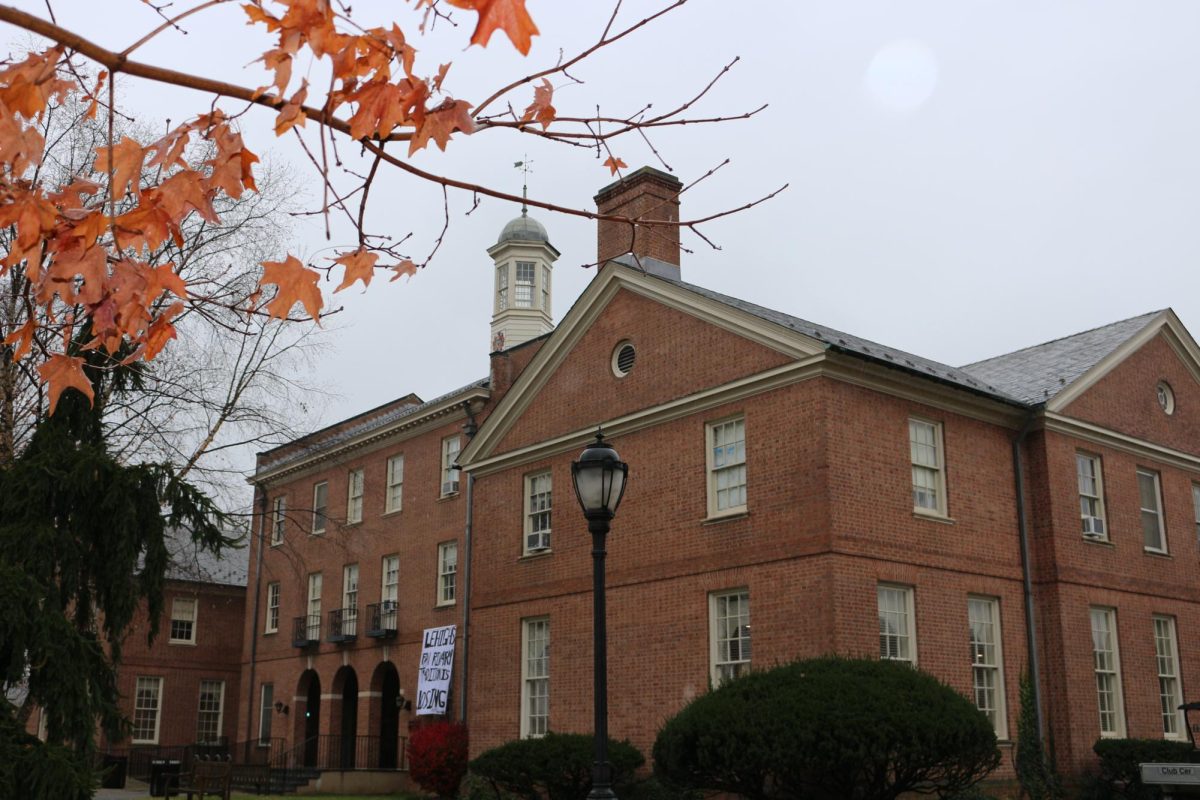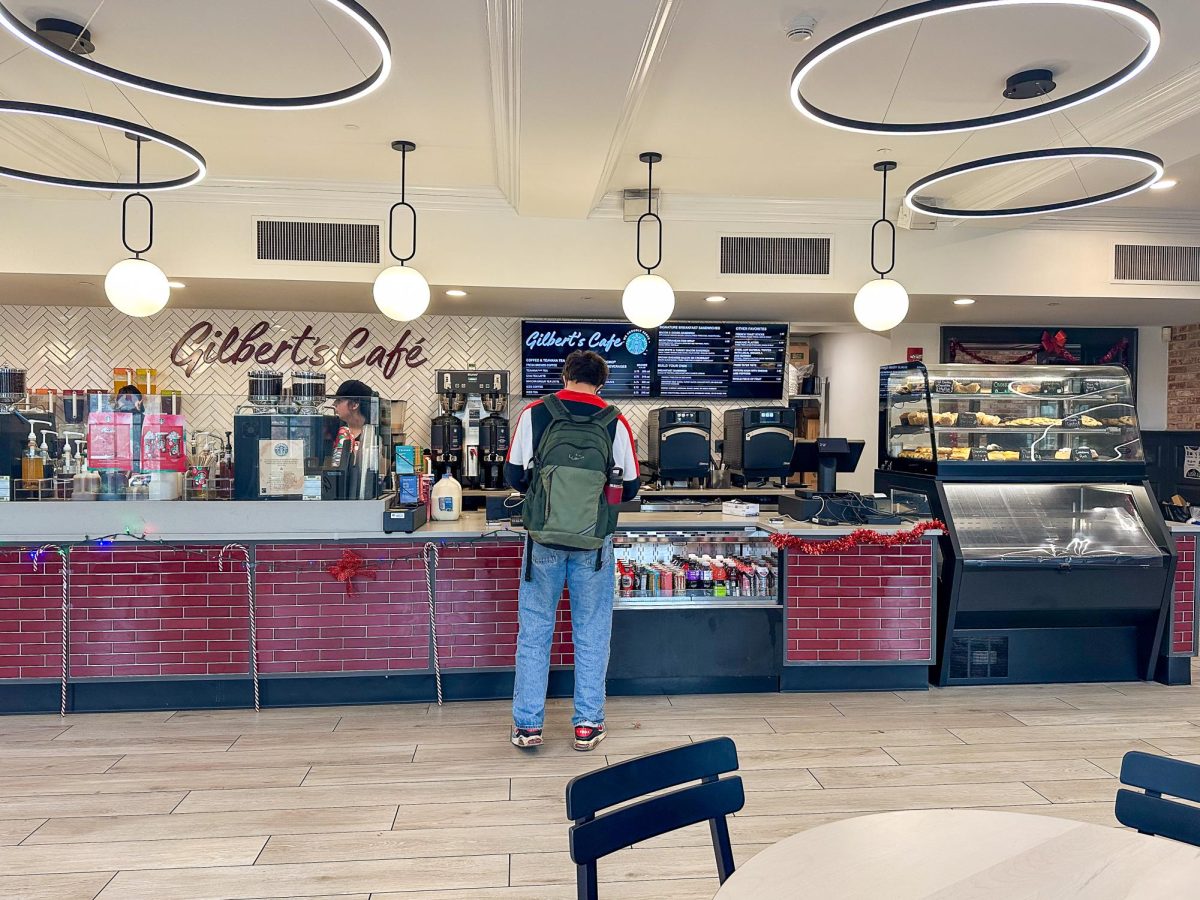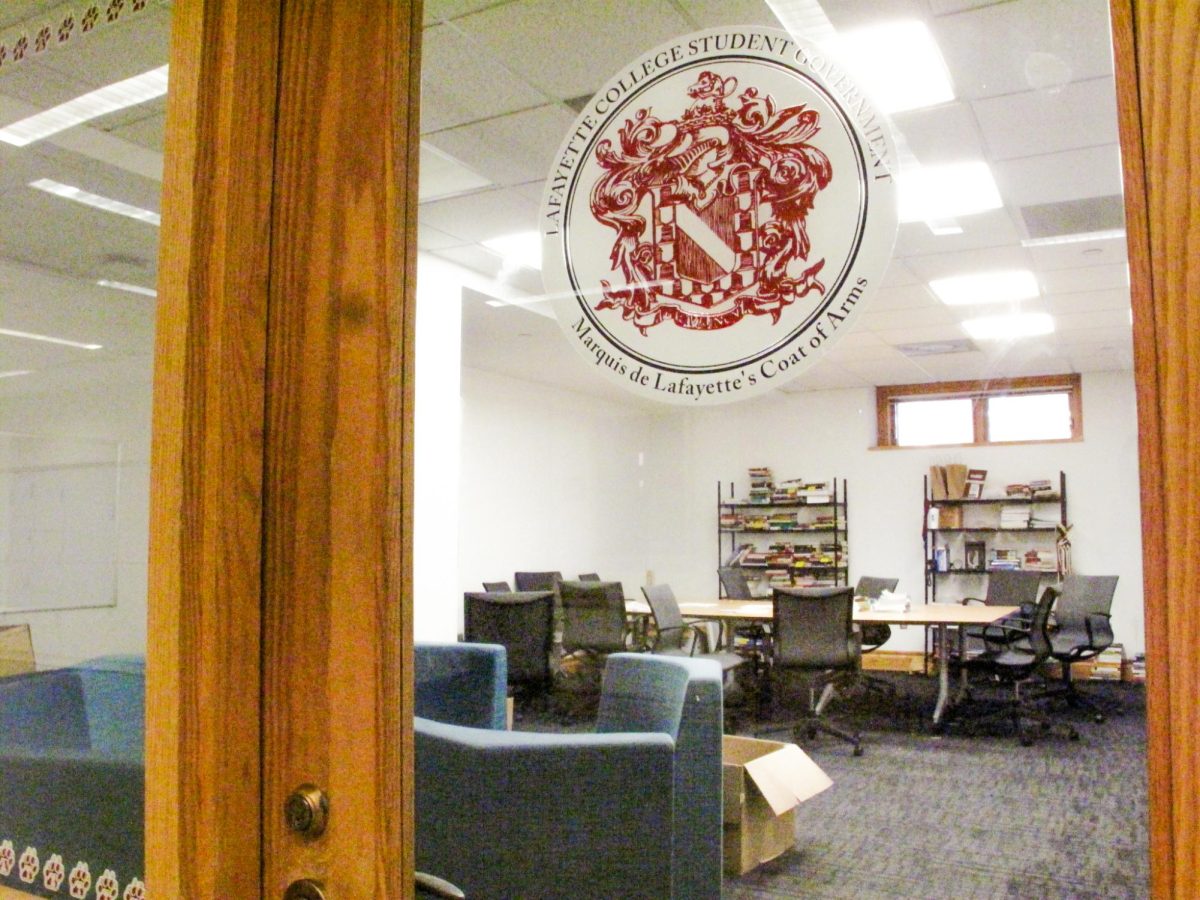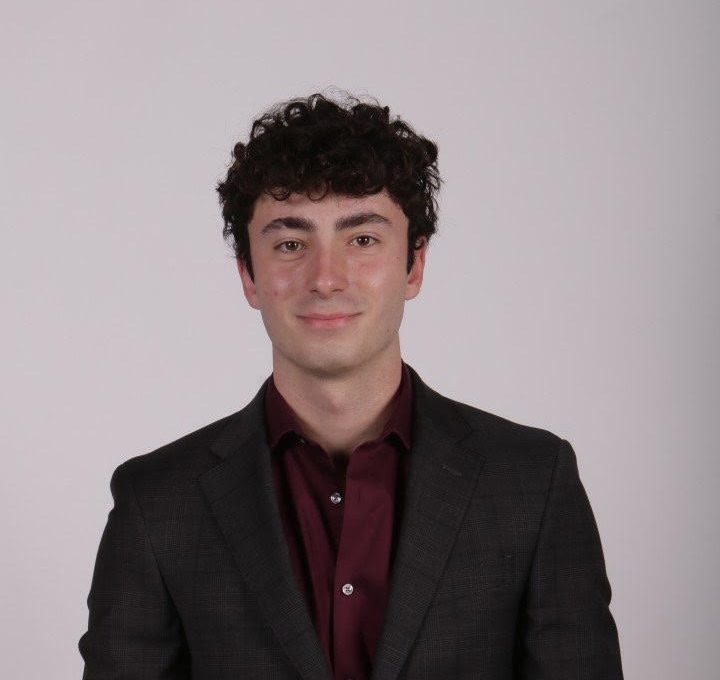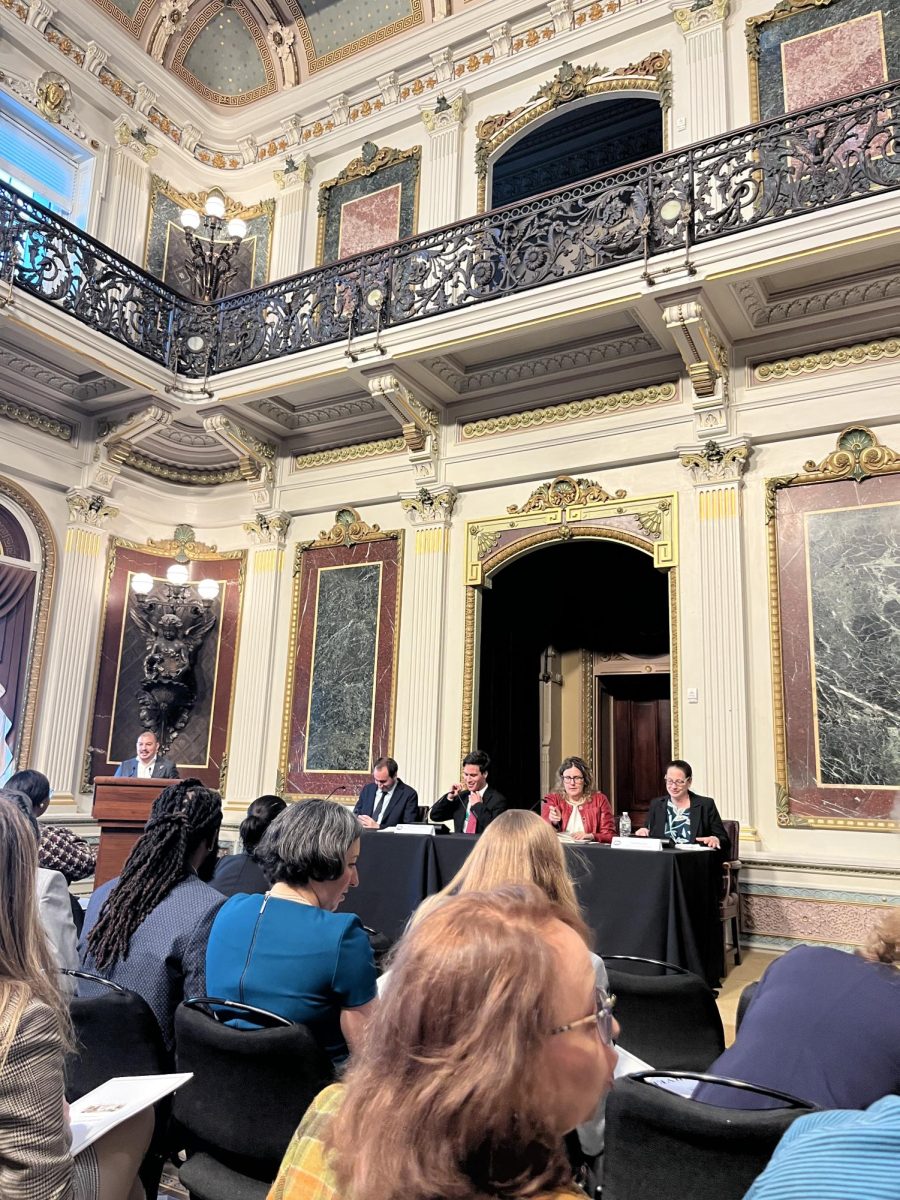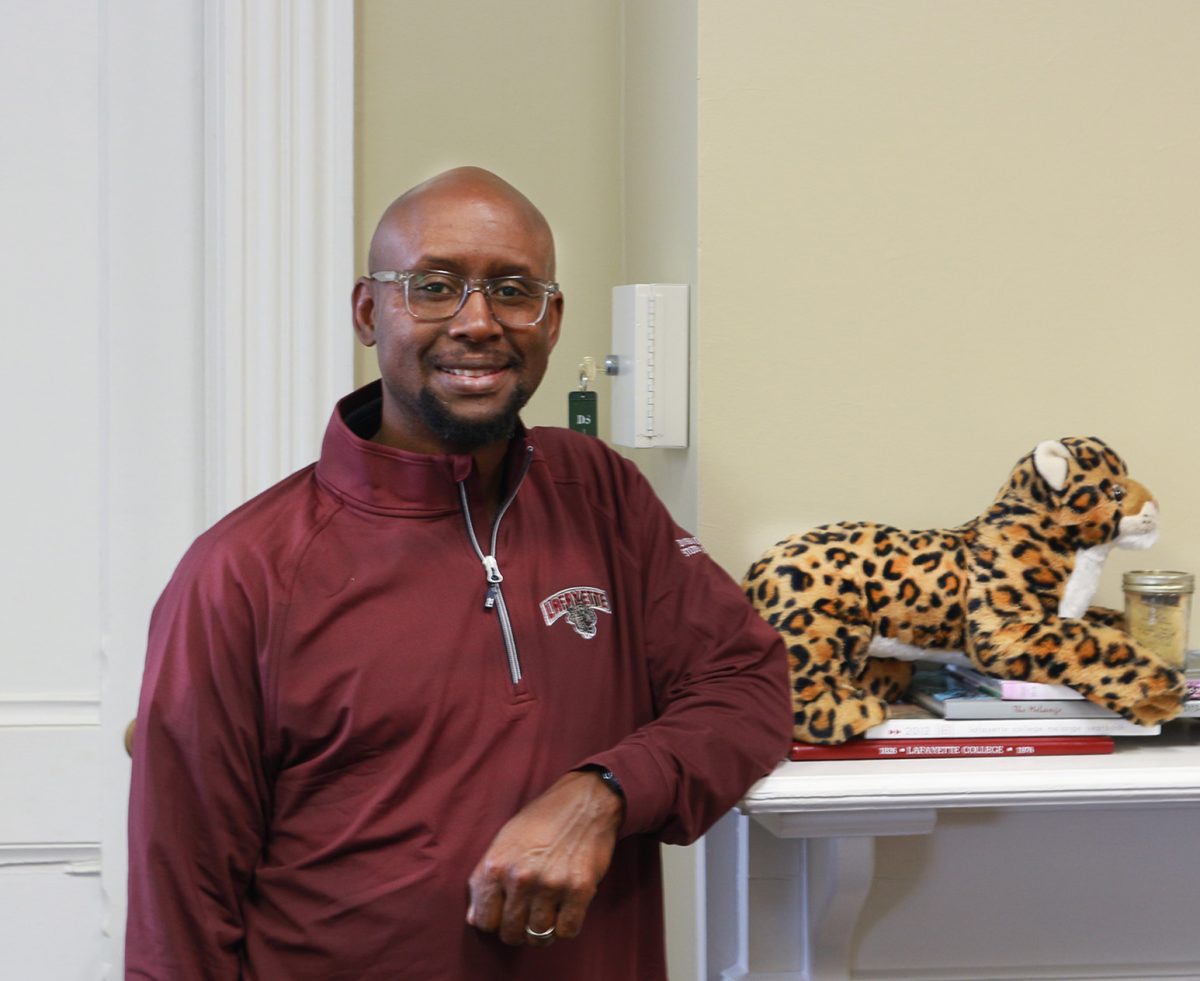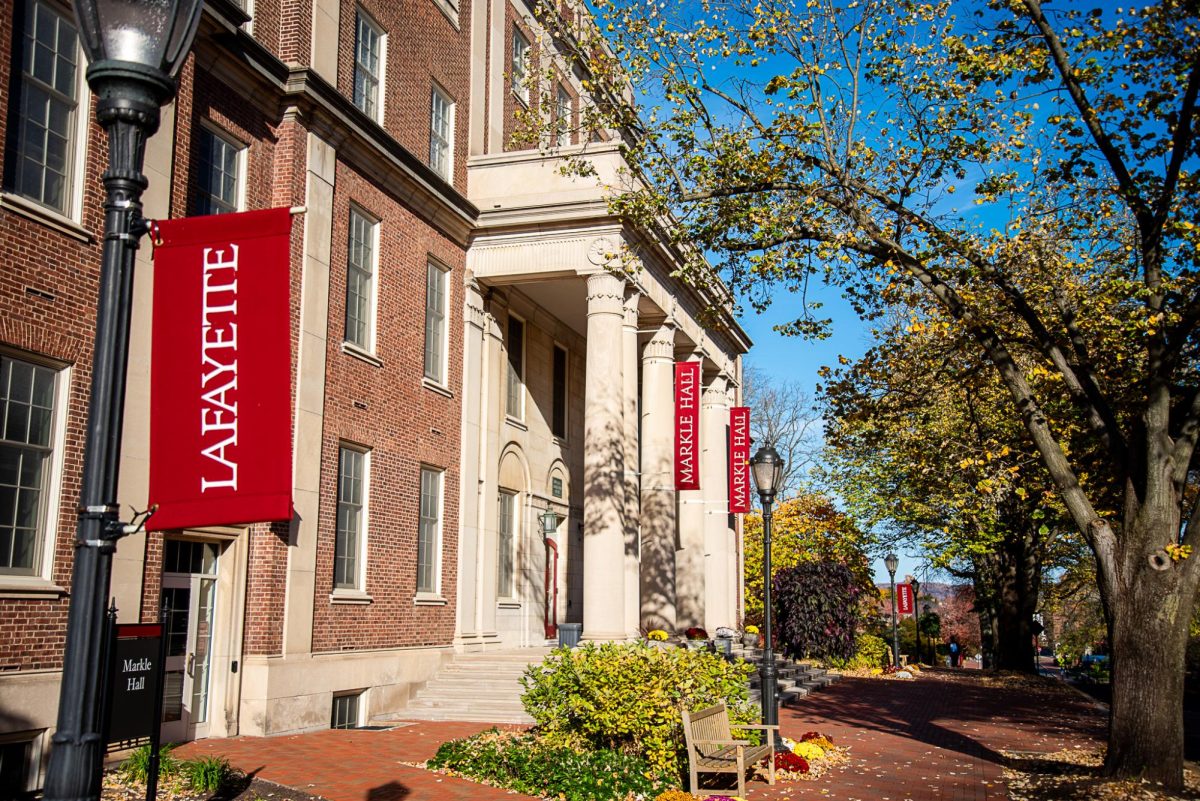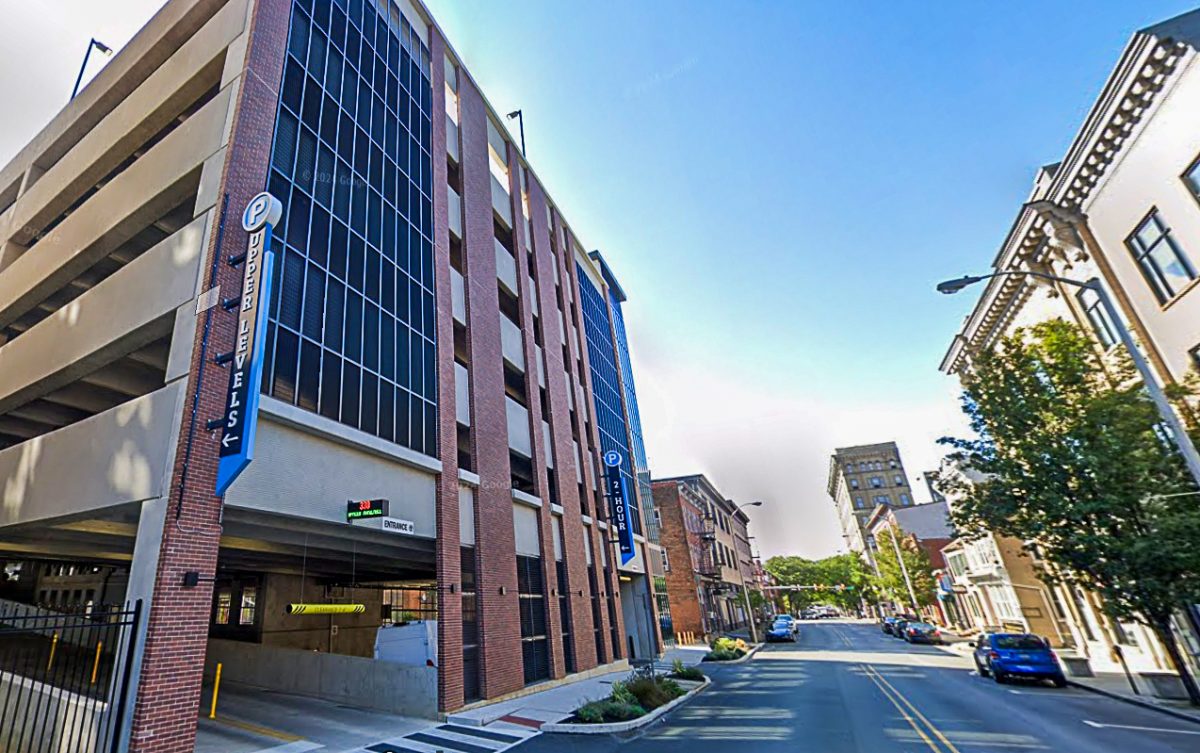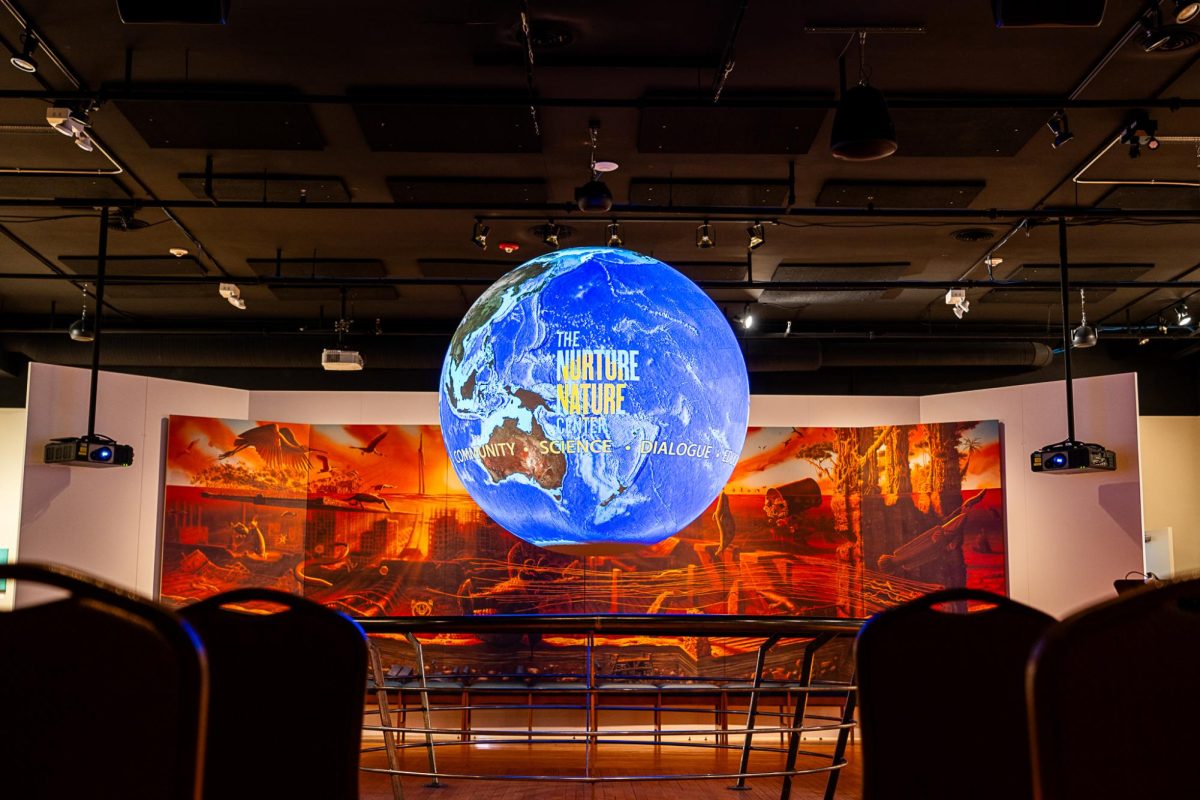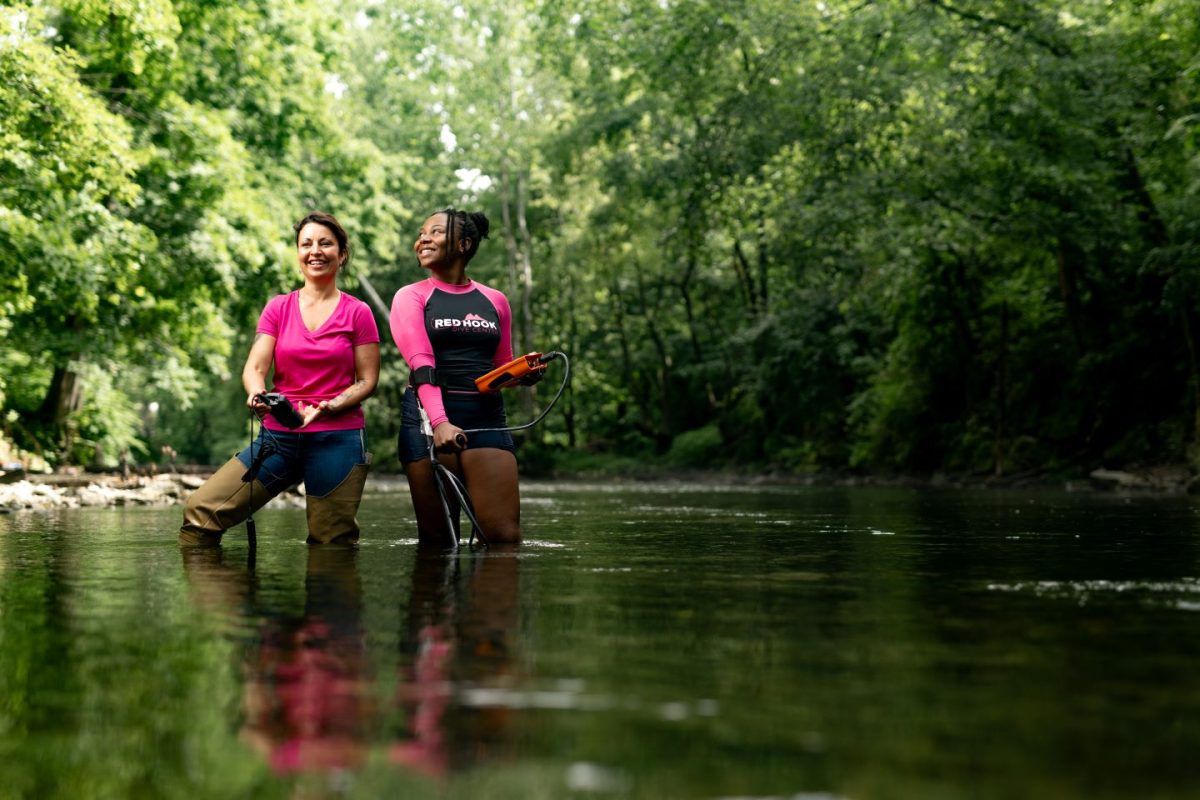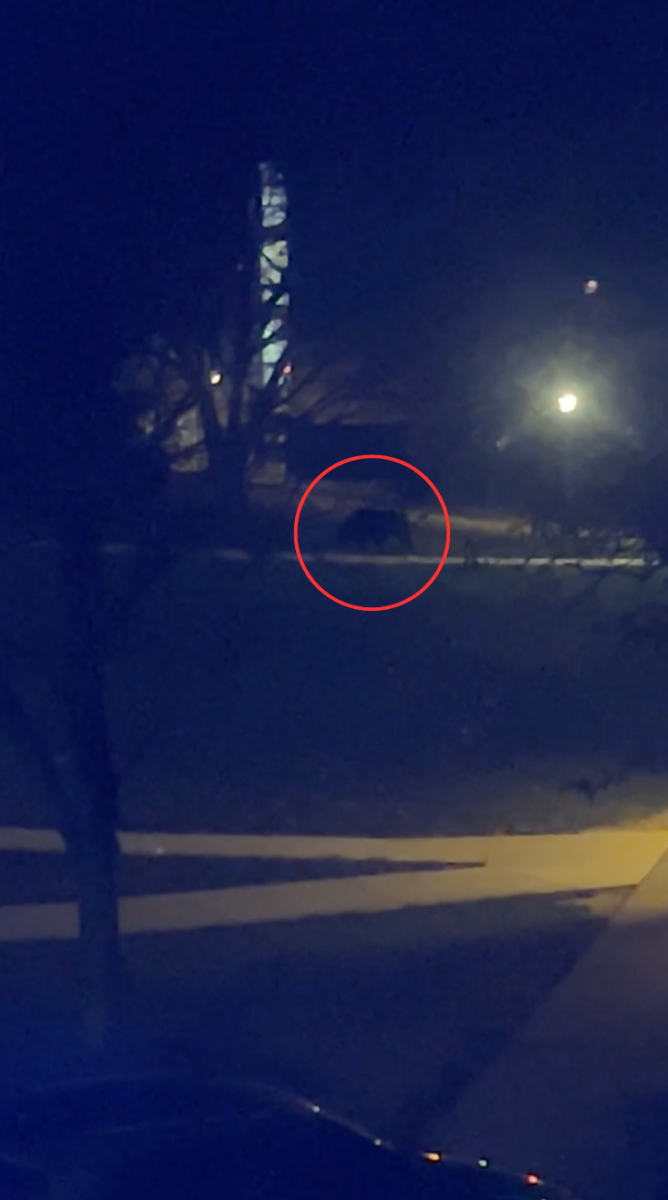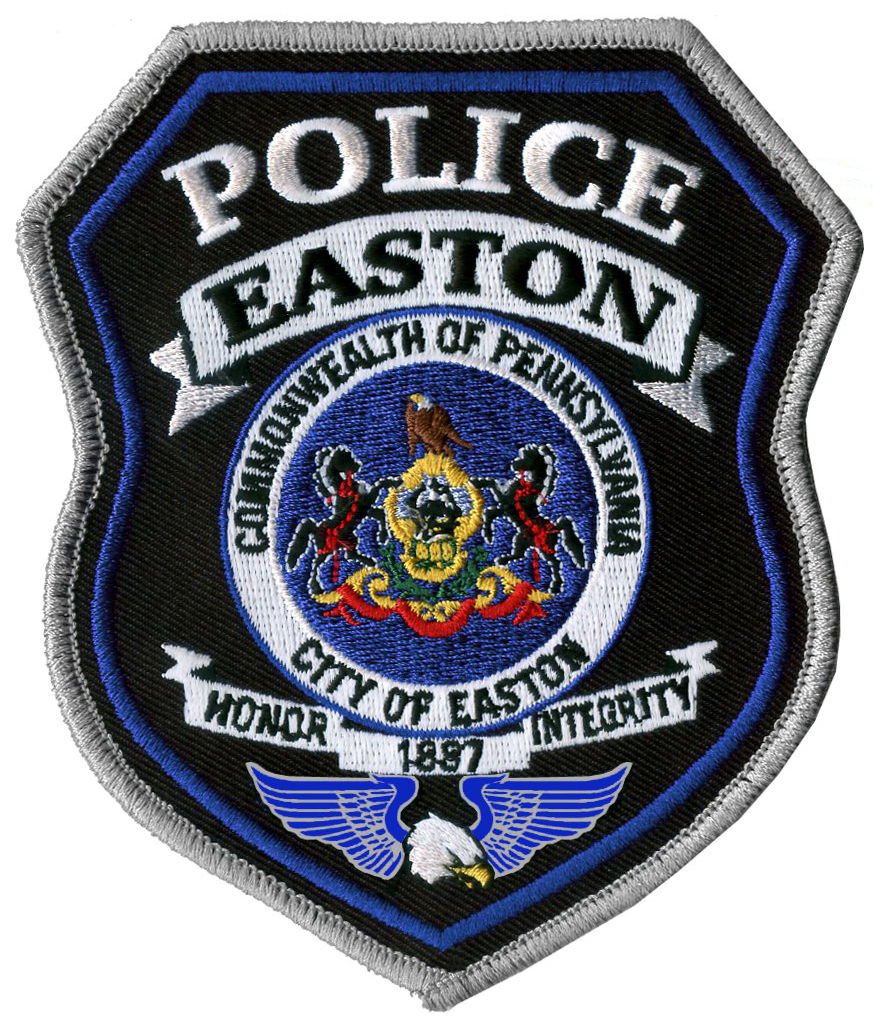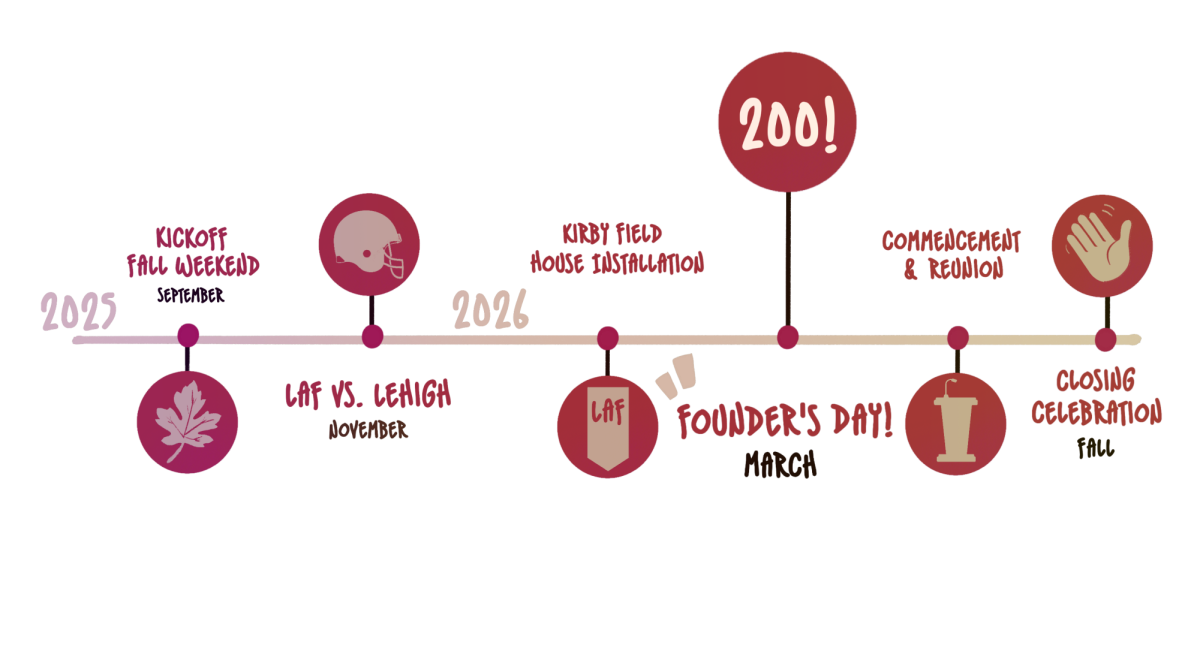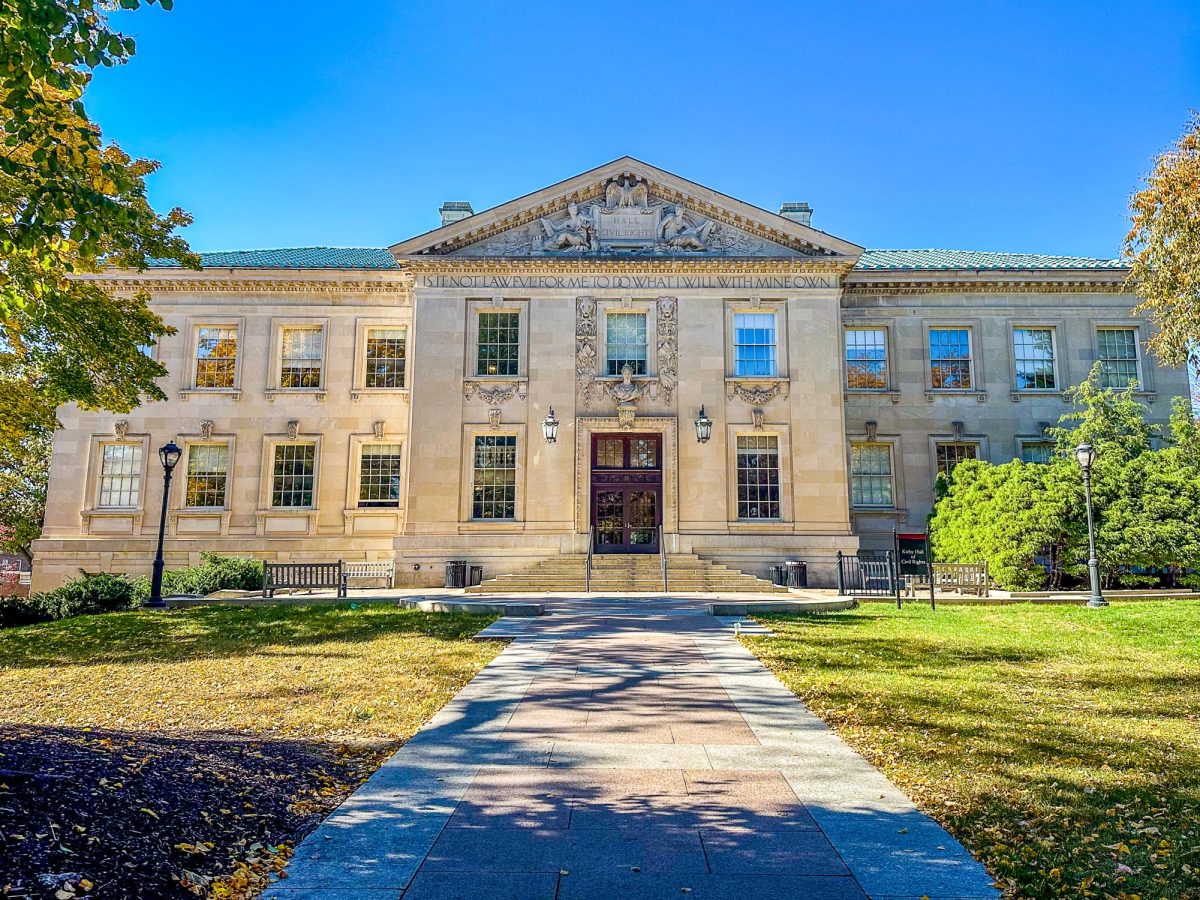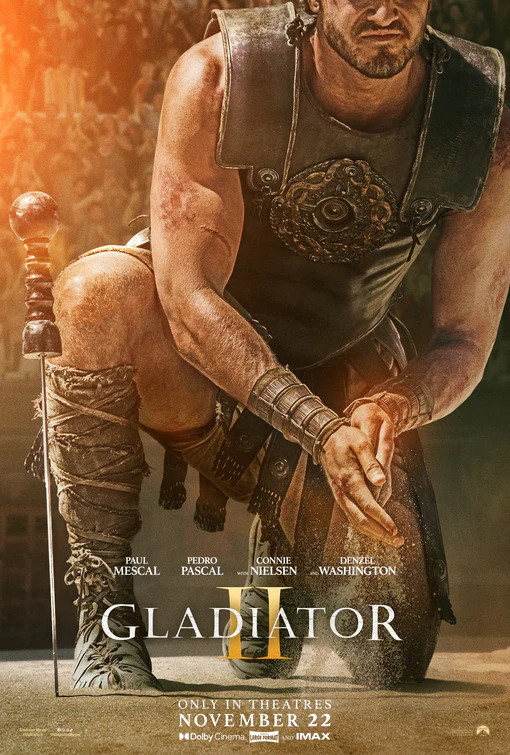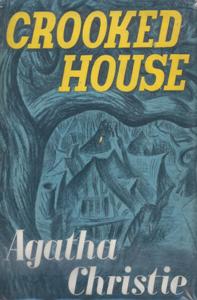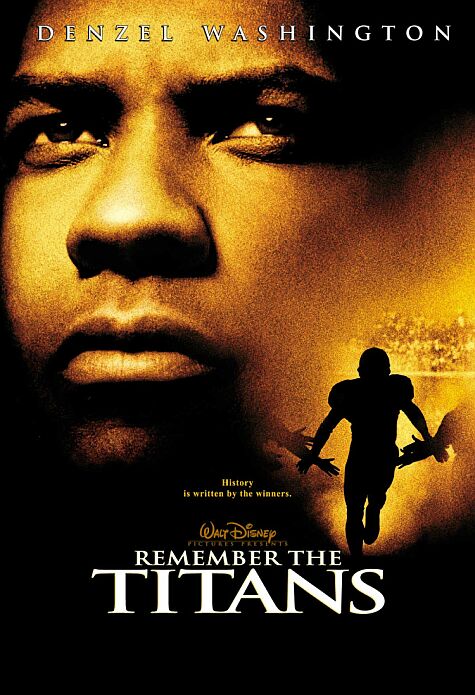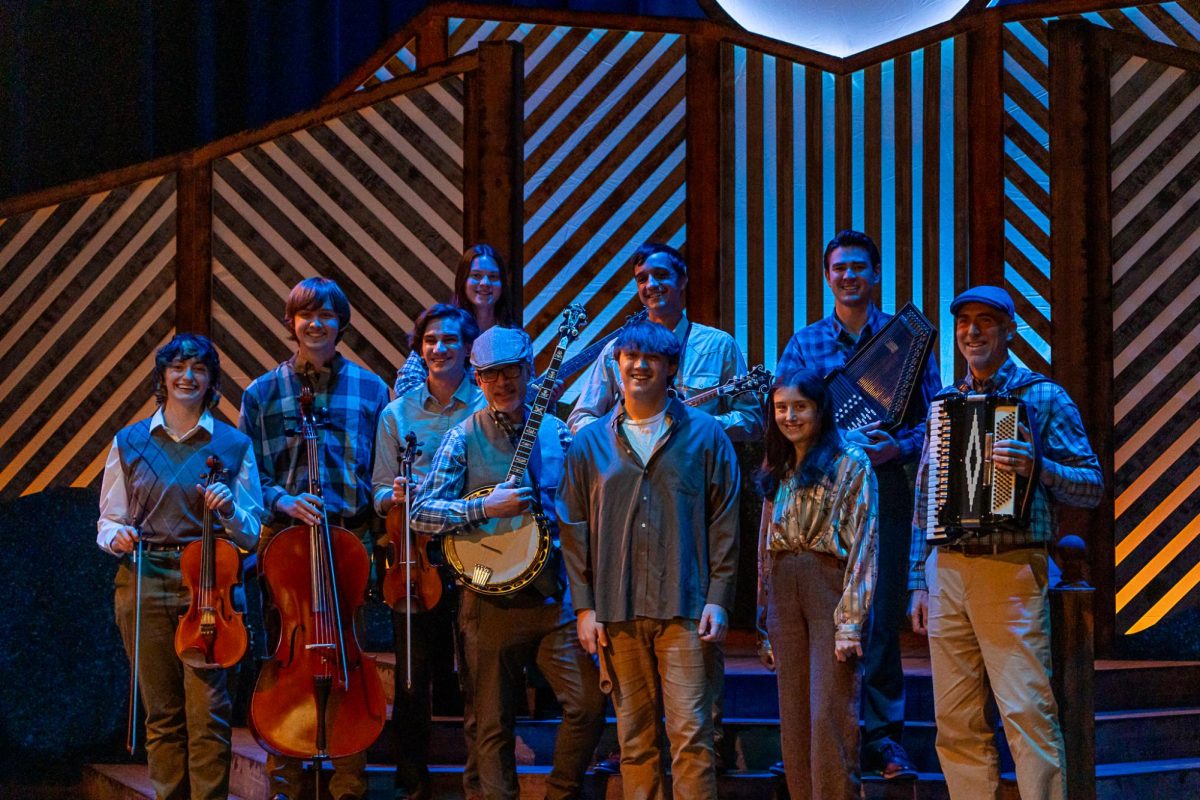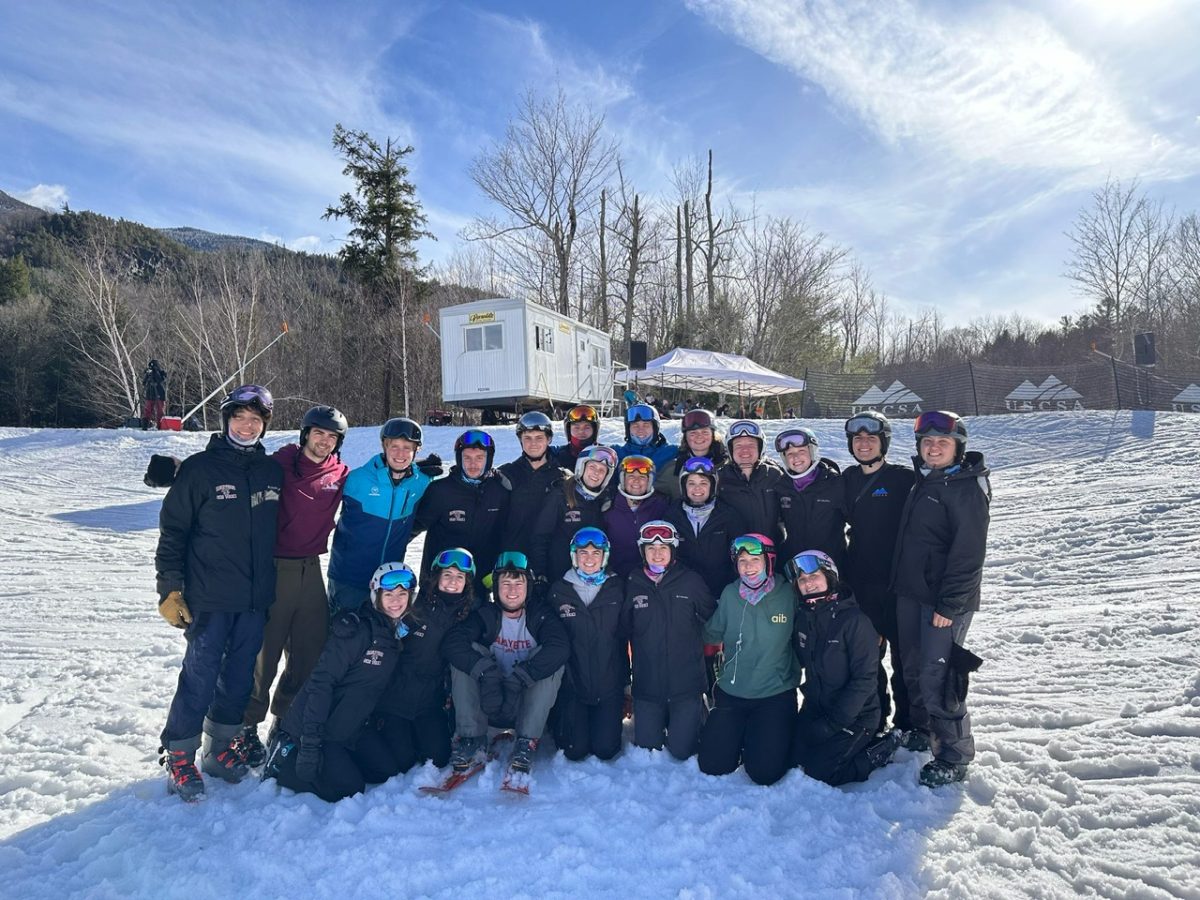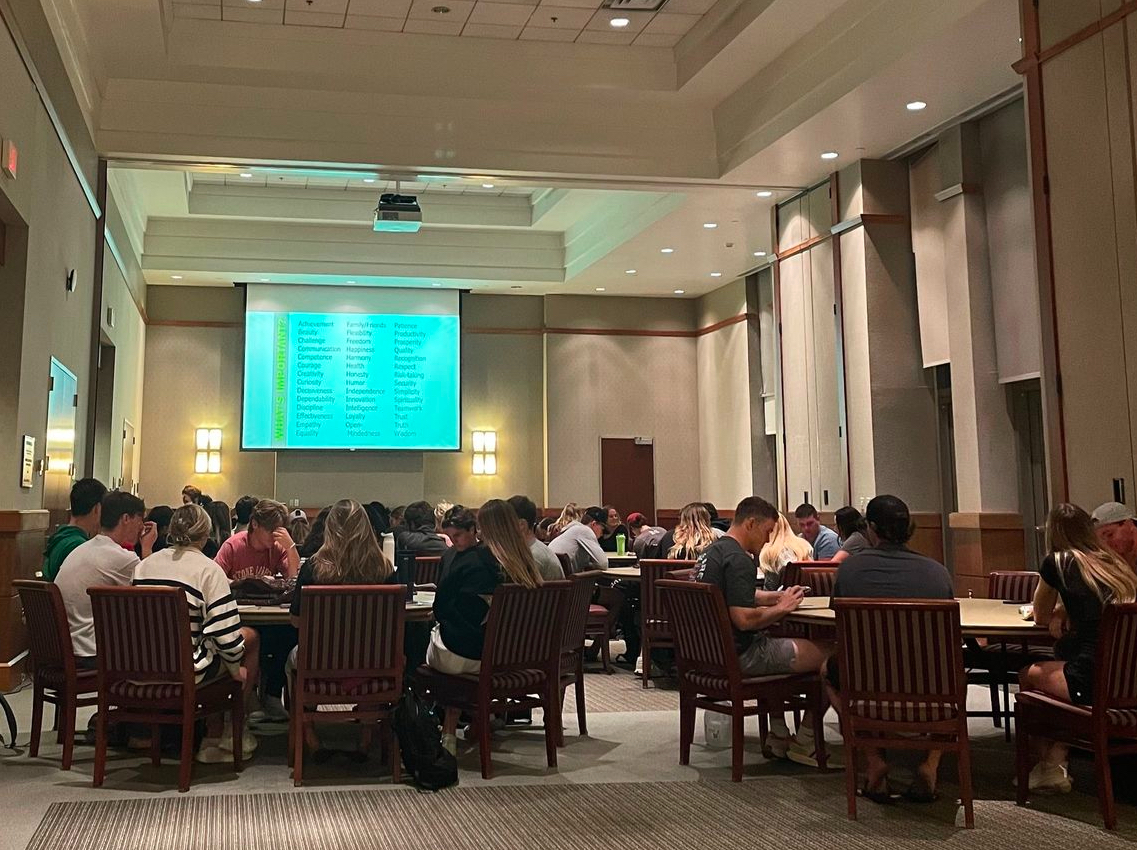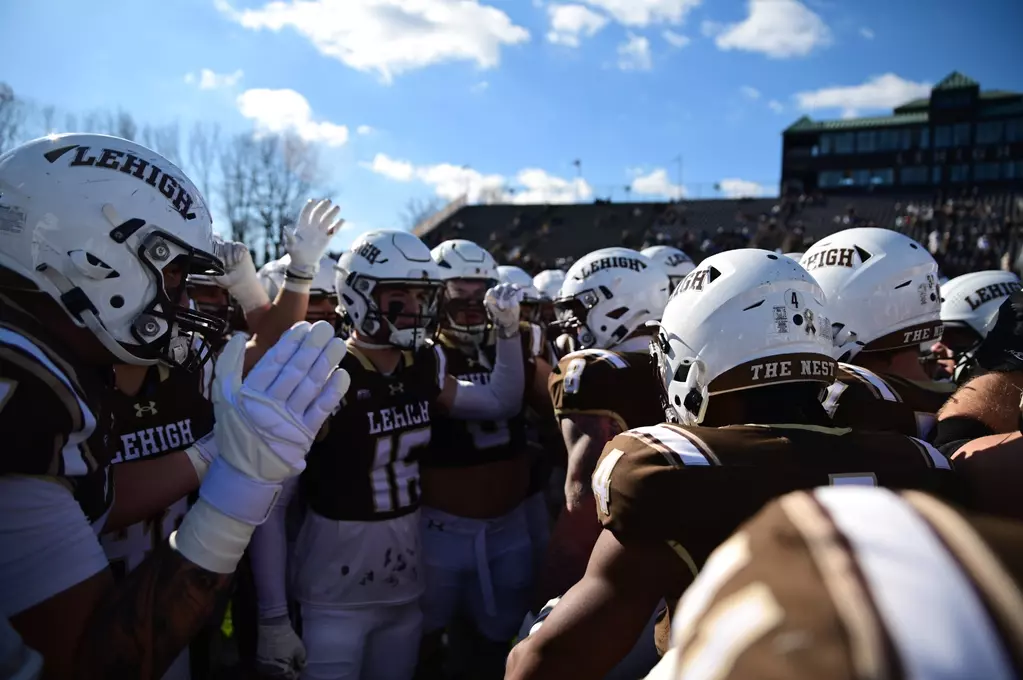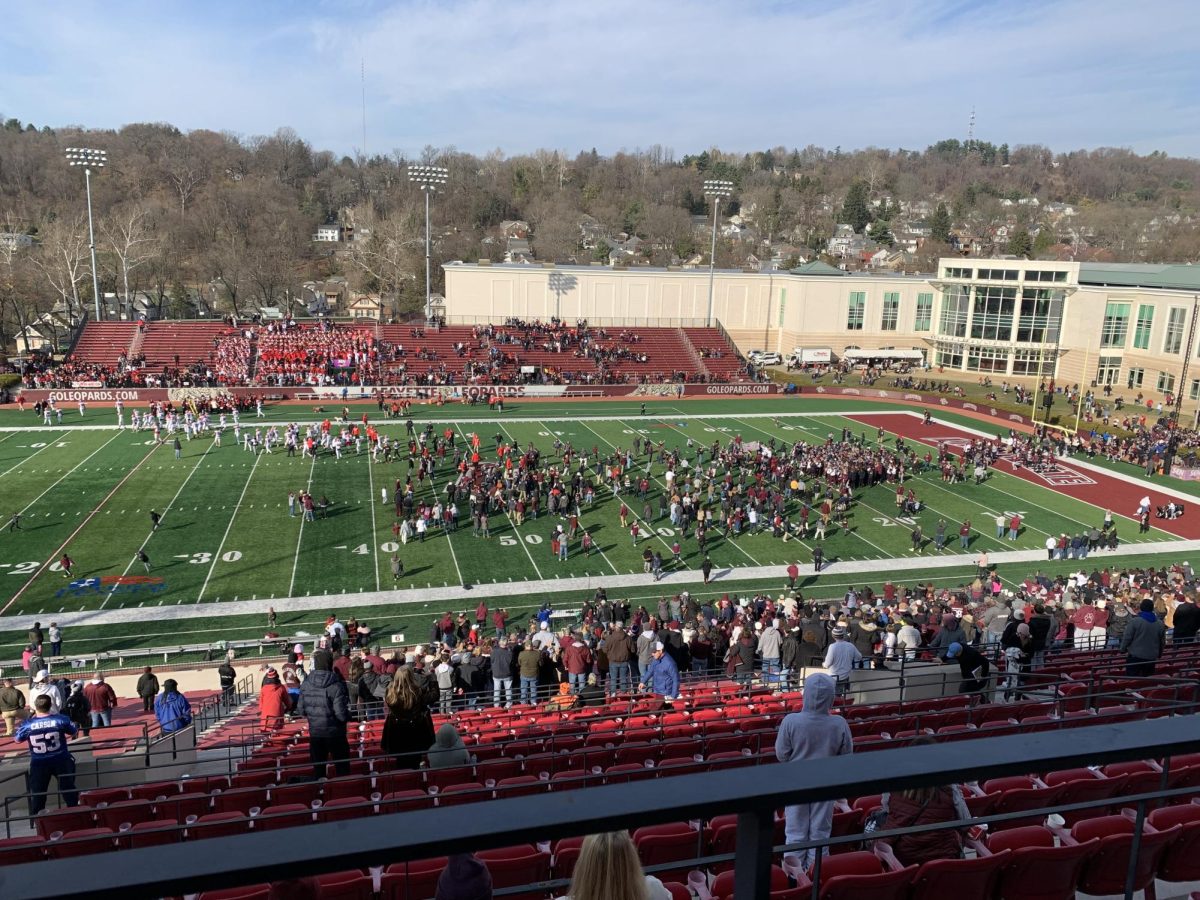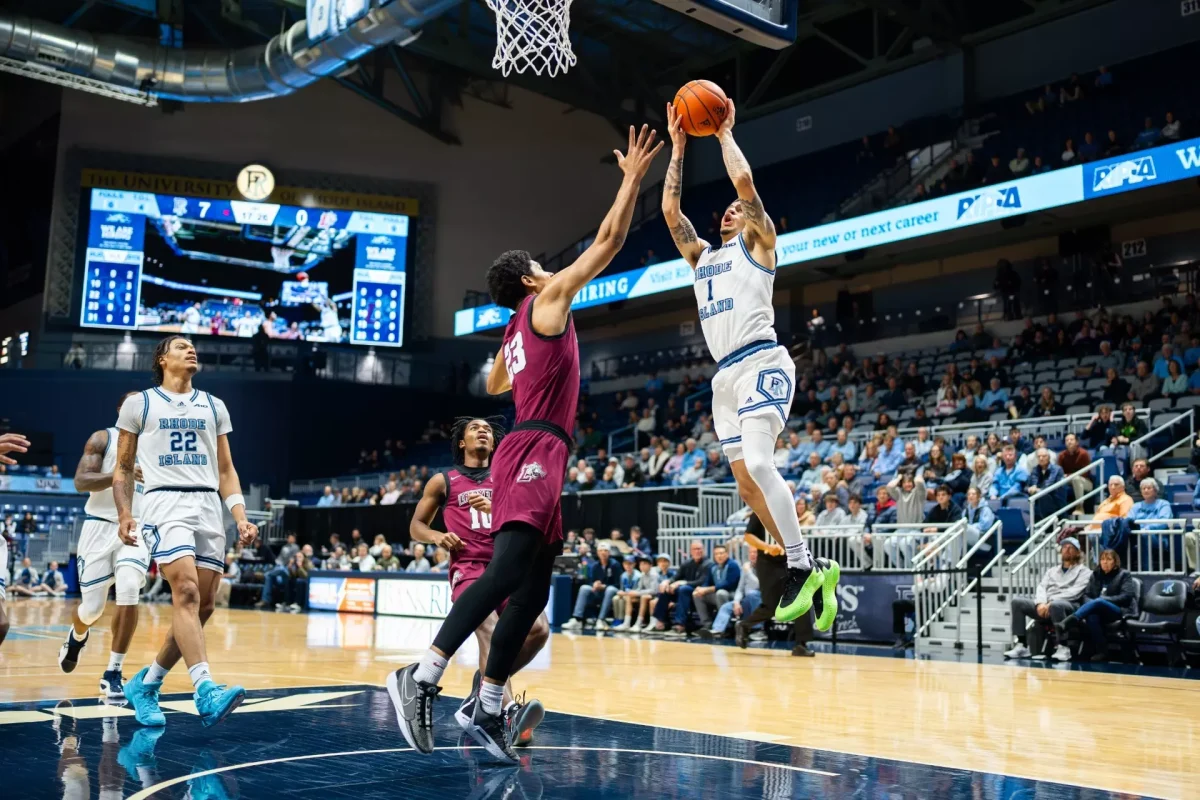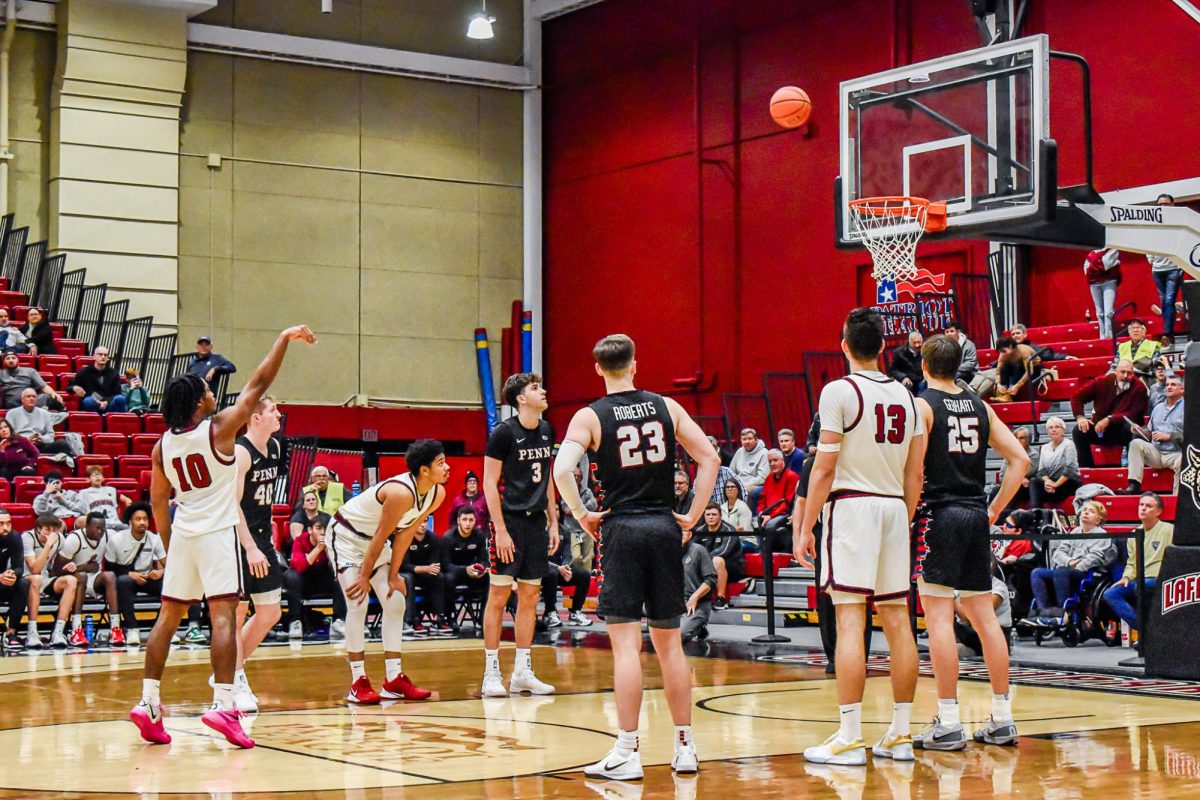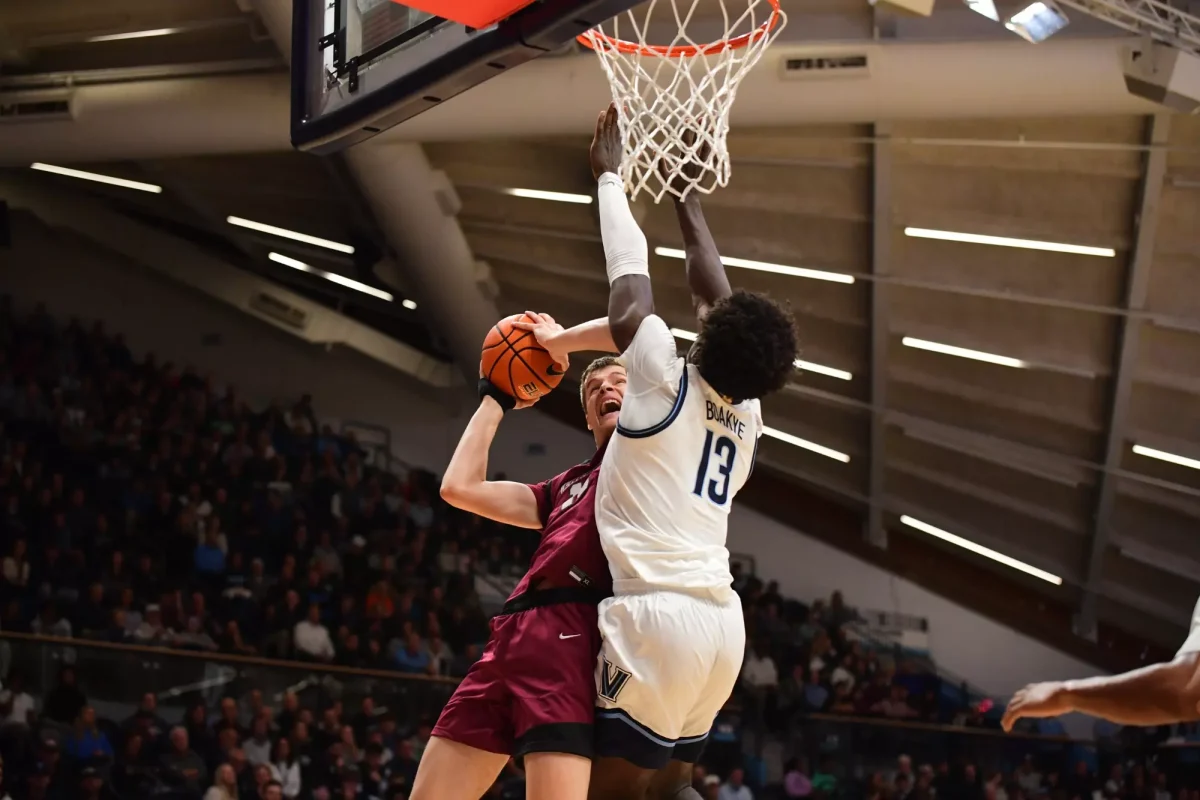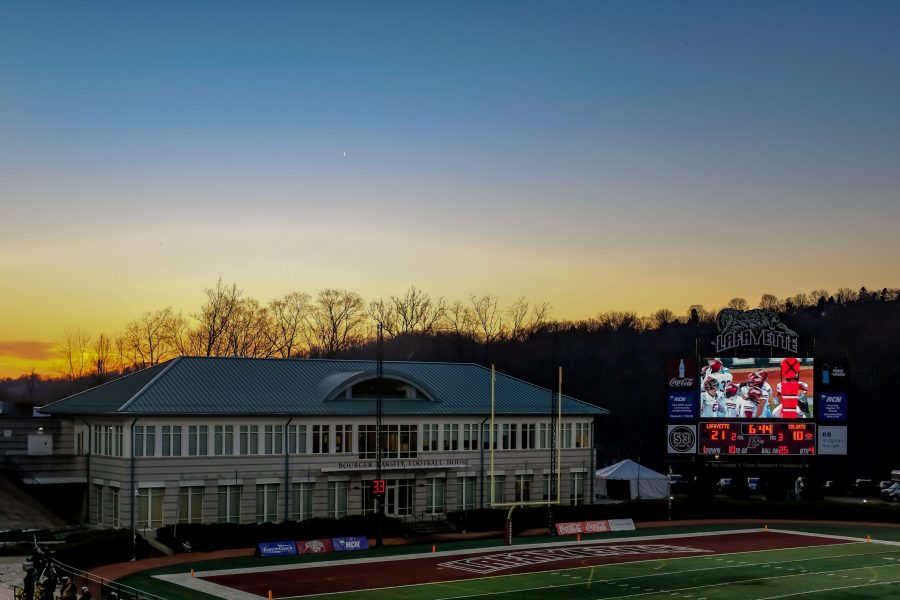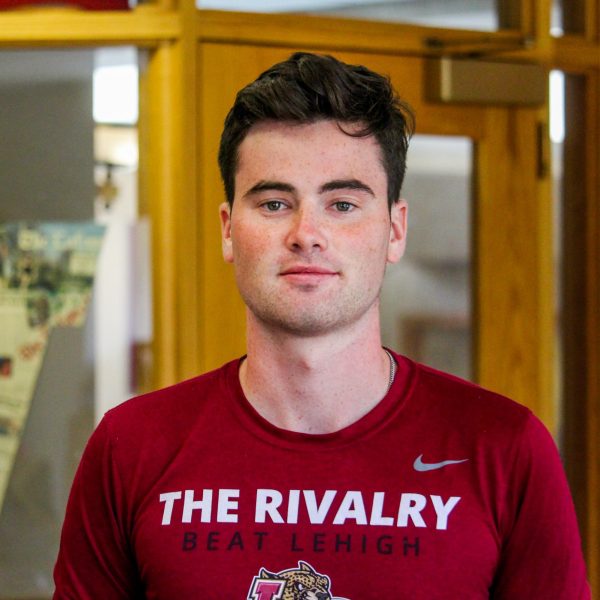The landscape of college athletics was changed forever when Chief Supreme Court Justice John Roberts declared the unanimous decision to NCAA v. Alston on June 30, 2021.
The Supreme Court ruled that it is unconstitutional for the NCAA to prevent college athletes to make money off of their “name, image and likeness (NIL).” This result sent shockwaves through the college athletics landscape as for upwards of 60 years, the NCAA interfered to stop college athletes from being paid. In doing so, the NCAA went so far as to brand all college athletes as “student-athletes not professionals” to rob them of any monetary gain they could receive until they left college.
The impact of this new ruling will vary based on the different echelons of college sports. Powerhouse national programs such as Alabama football has already seen massive payouts to their players. However, in the Patriot League, and specifically at Lafayette, the challenge will be finding opportunities for athletes to profit off of their hard work.
There are athletes at Lafayette that have found ways to make money or have been given access to exclusive products through becoming spokespeople for regional brands, but they are just a fraction of the college’s student-athletes.
“The prediction I can make now is that schools both big and small will do well in the NIL era if they let their athletes lean into opportunities rather than stay away from them out of some weird sense of purity,” Alex Kirshner, a Slate reporter specializing in college athletics, said in an exclusive interview with The Lafayette.
Yet for the vast majority of players on College Hill, the reality is that the college will not be able to provide the same support for athletes that a Power Five school might.
To a large extent, this can be attributed to the lack of outreach that Lafayette and Patriot league athletics have in their communities as the games are not broadcast on national television. If Kirshner is correct, and at least a portion of the responsibility lies with schools to help supplement athletes locking down these deals, the question remains of what can Lafayette do to help.
“Lafayette Athletics has done its due diligence and will continue to monitor the NIL landscape and how it specifically can benefit Lafayette student-athletes,” Mike Chamberlain, the Associate Director of Athletics for Compliance and Student-Athlete Development, said.
This NIL decision comes just a year after dozens of conferences agreed to deals to have their games broadcast on ESPN+. ESPN+ broadcasts locally and charges fans $5.99 a month. Therefore, local companies may look to athletes featured on ESPN+ to endorse.
Additionally, college athletes can potentially make money on social media, becoming influencers on apps like Instagram, Snapchat and TikTok.
“I think the entry point is social media. It’s not easy to build a following there, but we’ve seen athletes do it at schools that aren’t big at all,” Kirshner said.
For instance, sophomore football player Tristen Roundtree has 1.5 million TikTok and videos that average around 100,000 views. He could have been entitled to some form of payment from TikTok’s creator treasury and sought additional endorsements but had to forgo all of those wages due to the previous NCAA rule. He is now looking into possibly expanding his brand by doing more branded content now that he is allowed.
“I like doing [TikTok], but it’s a lot of work with school and football it’s difficult to manage all of it. I do want to see if I can find a way to get paid now,” Roundtree said.

